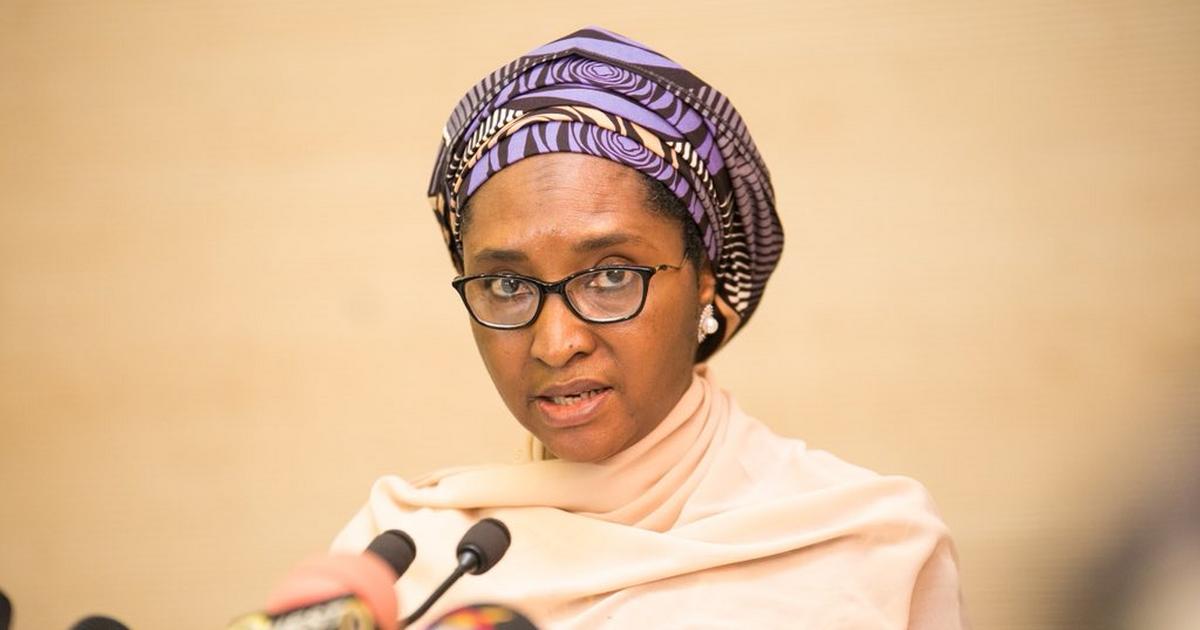The Federal Government has revealed that it plans to cut the oil price benchmark for the current budget to $20 per barrel.
This would make it the second time the Federal Government is slashing the oil benchmark for the 2020 budget.
The sharp fall in the price of crude oil had earlier pushed the government to slash the benchmark from $57 per barrel to $30.
The Minister of Finance, Budget and National Planning, Zainab Ahmed, disclosed the Federal Government’s intention to further slash the benchmark on Tuesday, according to a report by Reuters.
The report said Ahmed spoke during a web conference which focused on the impact of low oil prices on Nigeria’s economy.
“We are in the process of an amendment that is bringing down the revenue indicator to $20 per barrel,” the minister said at the conference.
The decline in revenue following the sharp fall in the price of crude oil is already taking a toll on Nigeria’s economy and Ahmed had in March revealed that the N10.59tn budget would be slashed by 15 per cent.
The Minister, at the web conference, also said Nigeria’s oil and gas projects would be delivered later than originally planned as a result of upstream budget cuts.
The Federal Government is planning to cut oil production to 1.7 million barrels per day from the 2.1 million barrels per day proposed in the 2020 budget.
The planned production cut is to be made in line with an agreement reached by the Organisation of Petroleum Exporting Countries and its allies better known as OPEC+.
Reuters also reported that the web conference deliberated on Nigeria’s debt servicing costs.
Ahmed said Nigeria was in talks with creditors to defer debt service obligations to 2021 and beyond.
Similarly, the Director-General of the Budget Office, Ben Akabueze, said oil revenue was expected to fall by more than 80 per cent as a result of the impact of the COVID -19 pandemic.
Akabueze noted that the Federal Government had revised its projections and was expecting the economy to contract by 3.4 per cent in 2020.
The government had initially projected a 2.9 per cent growth in the year.
The Budget Office boss further noted that the cost of debt servicing was expected to rise by N200bn in 2020.
“Nigeria is currently facing significant fiscal risks,” he said, adding that the country remained highly vulnerable to the current global economic disruption caused by the Coronavirus crisis.
Akabueze said the average production cost of Nigerian crude had been revised downwards from about $33 per barrel to $28 per barrel, with implications for petroleum profit tax.













